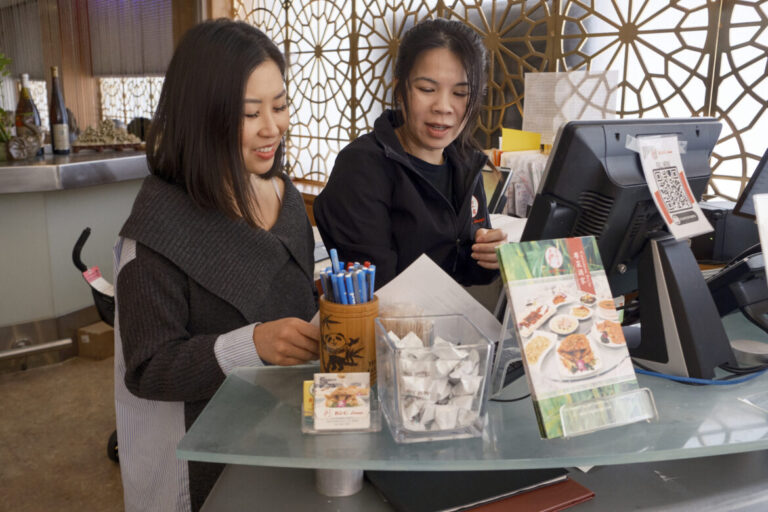Revitalizing Chinatown: Chelsea Hung’s Journey with R&G Lounge
In a bold move that reshaped her future, Chelsea Hung returned to her roots in San Francisco’s Chinatown to manage her family’s restaurant, R&G Lounge. This significant decision came in her late 20s, as she left a promising tech career in New York City and took the reins of the establishment that had been a cornerstone of her childhood.
A Critical Transition
With her parents considering selling R&G Lounge, Hung felt compelled to step in, driven by a desire to preserve a venue filled with personal and cultural significance. Since she took over in 2018, the restaurant has celebrated its 40th anniversary, marking a milestone that reflects her commitment amidst various challenges, including the sweeping effects of the COVID-19 pandemic on the restaurant sector.
Embracing Change and Technology
Hung’s return is emblematic of a broader trend where younger individuals are revitalizing Chinatown’s business landscape. As experienced owners age and prepare for retirement, Hung and her peers are infusing new life into the area. According to Ed Siu, chair of the Chinatown Merchants United Association of San Francisco, many of these new business owners, while not exclusively young, bring fresh perspectives built on diverse experiences from various professions.
When Hung assumed control, R&G Lounge relied heavily on traditional methods, from paperwork for inventory management to vendor payments. Acknowledging the need for modernization, she aimed to implement technology that would enhance operational efficiency. However, many of her staff members struggled with new systems due to limited technological familiarity, highlighting the generational gap and language barriers that existed within her team.
Gradual Implementation and Team Collaboration
Recognizing these challenges, Hung opted for a more gradual approach to change. She focused on thorough training and incremental adaptation of new systems rather than immediate overhauls. As she noted, “Our thought processes and our ideas are so different. When we come together to share, we try to mesh things together to see what works best.”
As a result of her careful planning, Hung successfully established an online reservation system, updated the restaurant’s website for online ordering, and introduced card payments. These innovations proved essential during the pandemic, allowing the restaurant to adapt to a rapidly changing operational environment.
The Emergence of New Entrepreneurs in Chinatown
The transformation of R&G Lounge is part of a larger narrative in Chinatown where young entrepreneurs are increasingly stepping into the limelight. For many, the return to family-owned establishments offers an opportunity to blend tradition with innovation. Eugene Lau, who transitioned from the tech industry to reopen his family’s restaurant, emphasizes the emotional connection that draws them back to their business roots despite parental expectations for pursuing other careers.
Catering to Modern Demographics
The new generation of business owners in Chinatown not only seeks to revive these iconic establishments but also aims to attract a broader audience, including younger customers and tourists. Initiatives like the Chinatown Night Market, organized by Lily Lo of BeChinatown, aim to infuse vibrancy into the area by drawing in younger patrons who are more inclined to explore diverse culinary offerings.
Looking Ahead
Recent community-focused efforts to revitalize Chinatown include initiatives to distribute boba vouchers, aiming to attract visitors and invigorate local businesses. Hung reflects on these changes positively, stating, “If we want to preserve our culture and preserve the history and these iconic establishments, then it really is up to the younger generations.”



